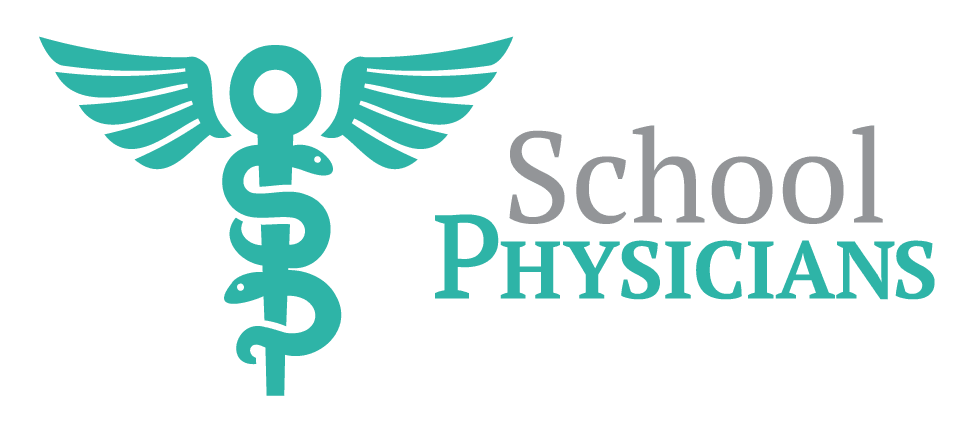Understanding Advanced Practice Provider Roles
The healthcare world is a sea of alphabet soup. If you’re a parent or school health officer, you know that children are routinely seen by healthcare practitioners with various letters after their names. The following information will help you understand what these letters mean so you can get high-quality care for your child or students.
Advanced Practice Providers and Doctors
Advanced Practice Providers are healthcare practitioners who can perform many of the tasks that a doctor can, such as physical examinations and other assessments. Such practitioners are not doctors and don’t take the place of doctors, but they are essential to the healthcare team. Many hospital systems refer to such professionals as Physician Extenders, which only partially reflects their roles.
Physician Assistants
Two of the most common Advanced Practice Providers are Physician Assistants (PAs) and Nurse Practitioners (NPs). Physician Assistants are trained at the Master’s degree level and must complete at least 2,000 hours of clinical rotations. Family Practice Physicians complete four years of medical school and at least 9,000 hours of clinical rotations. Even with this education gap, PAs are qualified to diagnose and treat many illnesses. They can also prescribe medications.
PAs can work in school health clinics, urgent care facilities, and other settings. They can also practice specialties, including pediatrics, internal medicine, and emergency medicine. PAs can provide a full spectrum of health care.
Nurse Practitioners
Another type of Advanced Practice Provider is a Nurse Practitioner. While NPs begin their careers as Registered Nurses, they do much more than practice traditional bedside nursing. With advanced training through a Master’s or Doctorate program, NPs can work in primary, acute, and specialty healthcare settings. Nurse Practitioners can order tests, diagnose diseases, administer treatments, and prescribe medications. Even though many NPs choose to complete post-doctoral clinical rotations, they are not required for professional practice.
Like PAs, NPs can provide a full range of health care options. Some of the specialty areas for NPs include oncology, psychiatry, and dermatology. Many NPs open independent practices.
Advanced Practice Providers and Your Child’s Health
Advanced Practice Providers can provide many communities and school health services. Knowing your child’s options can help you get the care that is best for them.
Disclaimer: The information posted on this page is for educational purposes only. If you need medical advice or help with a diagnosis, contact your medical professional.


